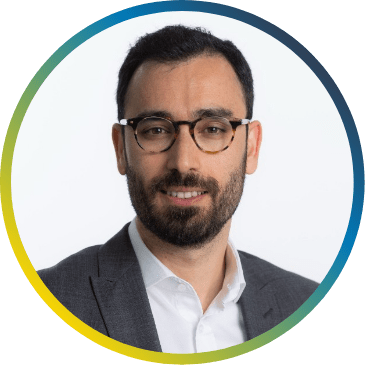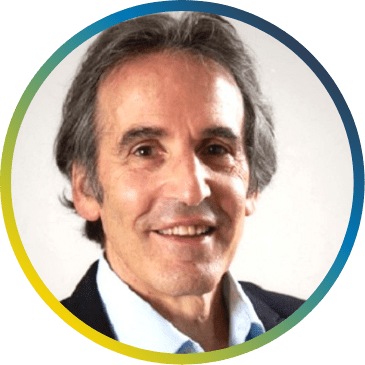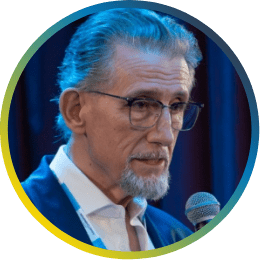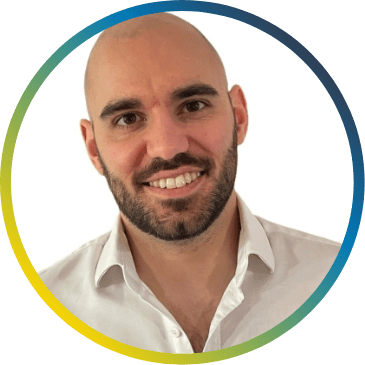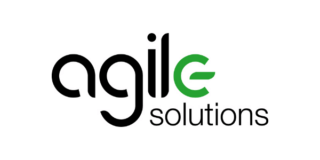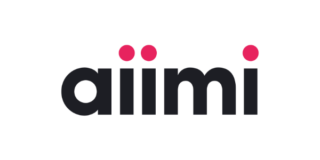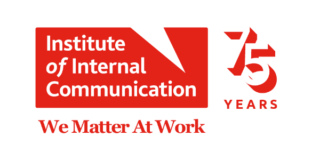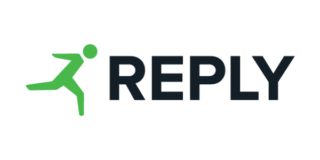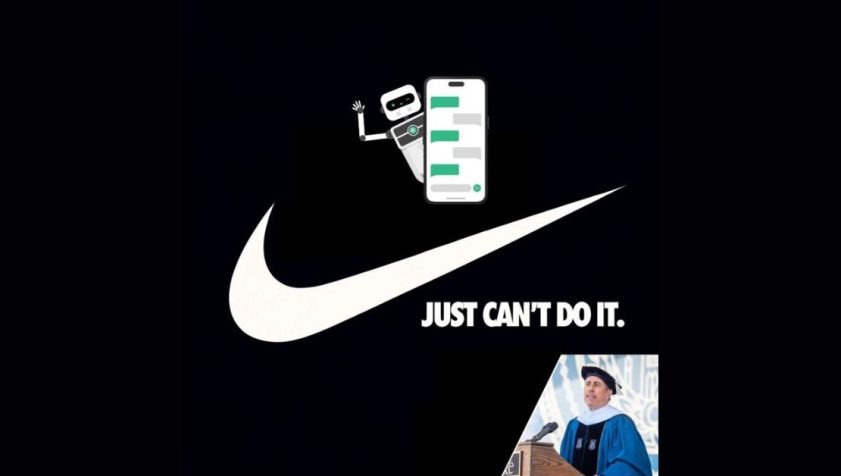
Jerry Seinfeld’s Commencement Challenge: Rediscovering Human Potential In The Age Of AI

Jerry Seinfeld’s recent graduate commencement speech at Duke University offered a thought-provoking critique of our increasing reliance on AI technologies like ChatGPT. In his characteristically humorous style, Seinfeld coined the phrase “you can’t do it,” a playful twist on Nike’s iconic slogan “just do it.” This wordplay underscored a deeper concern: that turning to AI tools suggests an inability to perform tasks independently.
“AI is the most embarrassing thing we’ve invented during man’s timeline on earth,” Seinfeld stated, encapsulating his scepticism about the current trajectory of AI development. He remarked, “This seems to be the justification for AI: ‘I couldn’t do it.’” With this perspective, he suggested that ChatGPT’s slogan should indeed be the opposite of Nike’s: “You just can’t do it.”
Seinfeld’s remarks likely resonated deeply with the graduates, many of whom witnessed the rise of ChatGPT during their studies and perhaps felt the temptation to use it for their homework. The comedian’s message, however, was not merely critical but also encouraging. He challenged the audience to recognise their own capacity for critical thinking, imagination, and connection—skills that should not be outsourced to a computer.
Seinfeld’s argument invites us to reflect on the value of human abilities in an era increasingly dominated by AI. While AI can undoubtedly assist with various tasks, it is essential to remember that it is our human qualities—creativity, critical thinking, and the ability to forge meaningful connections—that truly drive progress and innovation. These are the qualities that AI cannot replicate and that we should strive to cultivate and preserve.
The growing dependence on AI tools like ChatGPT should not diminish our confidence in our own abilities. Instead, it should serve as a reminder to harness and hone the skills that make us uniquely human. By doing so, we can ensure that AI remains a tool to augment our capabilities, rather than a crutch that diminishes our self-reliance.
